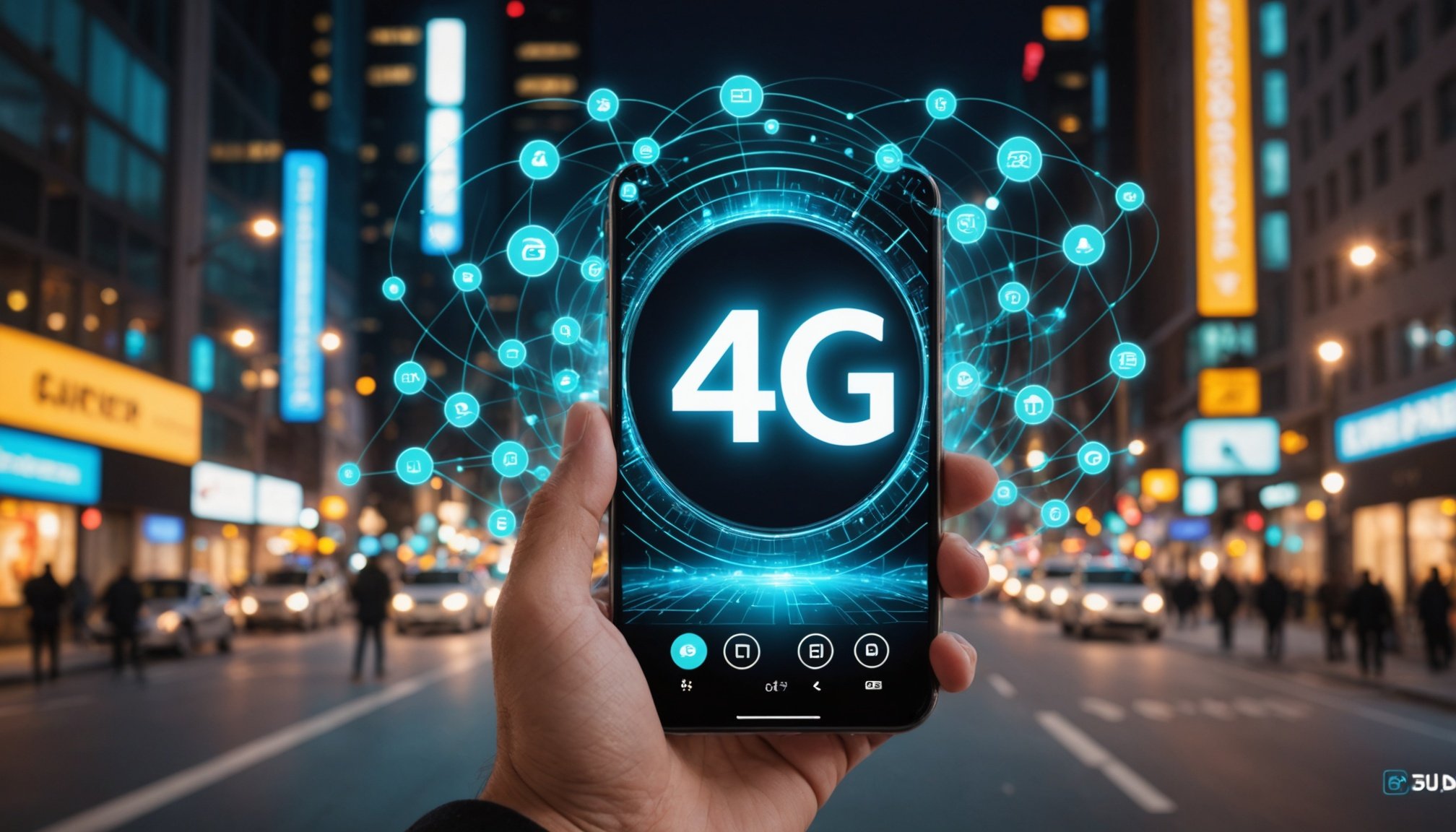The future of mobile proxies is evolving rapidly with the rise of 4G, 5G, and the anticipated 6G networks. These technologies promise enhanced connectivity and application versatility, transforming how we interact online. Understanding their distinct capabilities and use cases not only highlights their significance but also showcases the potential they harbor for various industries. Join us as we explore the advancements reshaping mobile proxy technology today.
Overview of Mobile Proxy Technologies
Mobile proxy technologies have evolved significantly, paving the way for impactful advancements in connectivity and security. The evolution of these technologies from 4G to 5G, and the anticipated leap to 6G, embodies rapid technological strides. 4G mobile proxies offer enhanced connectivity benefits, ensuring reliable network coverage essential for various applications such as web scraping and content management. On the other hand, 5G mobile proxies boast superior advantages, delivering faster data transfer speeds, improved latency, and greater device capacity—critical for urban deployments and industrial automation.
Cela peut vous intéresser : Unlocking the switchyomega extension: top tips for success
Looking forward, 6G is poised to revolutionize digital communication by further pushing boundaries. It promises unprecedented data speeds, advanced AI-driven management, and robust security protocols, bridging current gaps in connectivity and extending access globally. These advancements make mobile proxies indispensable for businesses and developers aiming to leverage these technologies to achieve seamless, secure, and efficient operations. To delve deeper into mobile proxy technologies and their implications for future innovation, Click here for more information about their potential impact.
Technical Specifications and Performance Analysis
Technical specifications meticulously detail the design, materials, and functionalities of a product or system, serving as a blueprint for development and evaluation. Performance analysis then assesses how effectively these specifications translate into real-world results, measuring key metrics against predefined benchmarks. This combined approach ensures that products not only meet initial design criteria but also deliver the desired level of quality and efficiency in practical application.
Sujet a lire : Mastering the switchyomega extension: your ultimate guide
Speed and Latency Comparisons
In mobile proxy technology advancements, speed and latency are primary considerations. 4G mobile proxies benefits manifest in moderate latency levels, supporting seamless internet connections, yet face limitations when transitioning from 4G to 5G. The advent of 5G promises drastically improved speeds, reaching up to 2 Gbit/s, and reduces latency to mere milliseconds. These improvements elevate the performance comparisons of 4G/5G proxies, making 5G an attractive option for real-time applications like gaming and industrial automation.
Data Capacity and Device Support Metrics
The leap from 4G to 5G mobile proxies advantages is also pronounced in data capacity. 5G mobile proxies advantages include supporting the connectivity of up to one million devices per square kilometer, ideal for smart cities and large-scale IoT deployments. Understanding mobile proxy server architecture helps illustrate how this density supports diverse applications.
Integration with IoT and Smart Technologies
The role of mobile proxies in IoT is pivotal in ensuring privacy and efficiency. As industry trends in mobile technology progress, integration with smart technologies results in the evolution of proxy services. This enhances automation and data collection, whilst understanding 6G technology suggests further transformations. Mobile proxies for web scraping can harness these advancements, optimizing data gathering across platforms.
Applications and Case Studies
Mobile proxies route internet traffic through mobile devices, providing IP addresses associated with mobile networks for enhanced anonymity and flexibility. This technology finds diverse applications in web scraping, ad verification, and accessing geo-restricted content, offering businesses valuable tools for data collection and market analysis. By mimicking real mobile user behavior, mobile proxies enable businesses to overcome restrictions and gather crucial insights while maintaining a low profile.
Use Cases in E-commerce and Marketing
Mobile proxies have revolutionized e-commerce and digital marketing by offering enhanced location spoofing capabilities. Brands can now tailor marketing strategies to specific geographic regions, using mobile proxies for web scraping to gather localized data effectively. In competitive marketplaces, such insights are invaluable for adapting campaigns to regional preferences and boosting customer engagement. 4G mobile proxies are instrumental in maintaining seamless connections, supporting platforms to manage vast amounts of traffic without compromising performance.
Enhancing Data Privacy and Security through Mobile Proxies
Adopting mobile proxies for data privacy is crucial in shielding users from potential threats when surfing online. These proxies facilitate secure web access, minimizing risk by masking IP addresses and encrypting data exchanges. Whether individuals or enterprises, using mobile proxy technology advancements ensures better protection against cyber threats. As the technology progresses, the future of mobile proxies will continue to focus on bolstering security measures and reducing network vulnerabilities.
Case Study: Implementing Mobile Proxies in Smart Cities and IoT
5G mobile proxies advantages are being leveraged in smart cities and IoT applications, where real-world applications of 5G proxies are crucial. These proxies provide fast, reliable connectivity essential for managing connected devices and monitoring infrastructure. With low latency, 5G ensures real-time data transfer, enhancing the efficiency of traffic systems, public services, and energy management solutions. As smart urban environments expand, mobile proxies remain integral to their digital ecosystem.













No responses yet